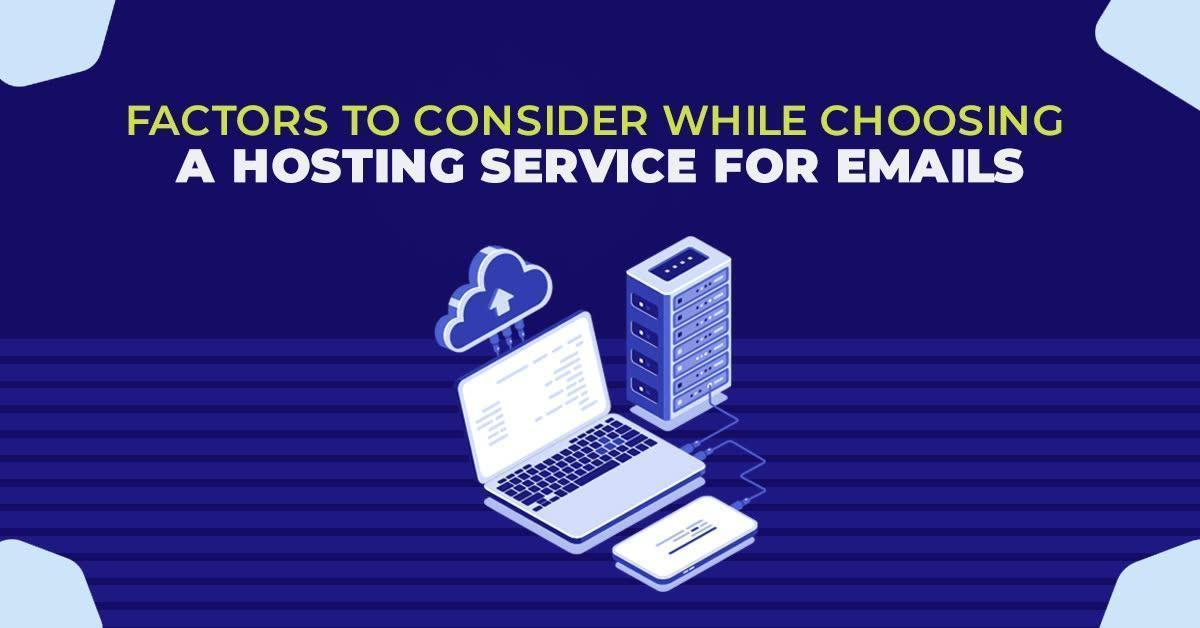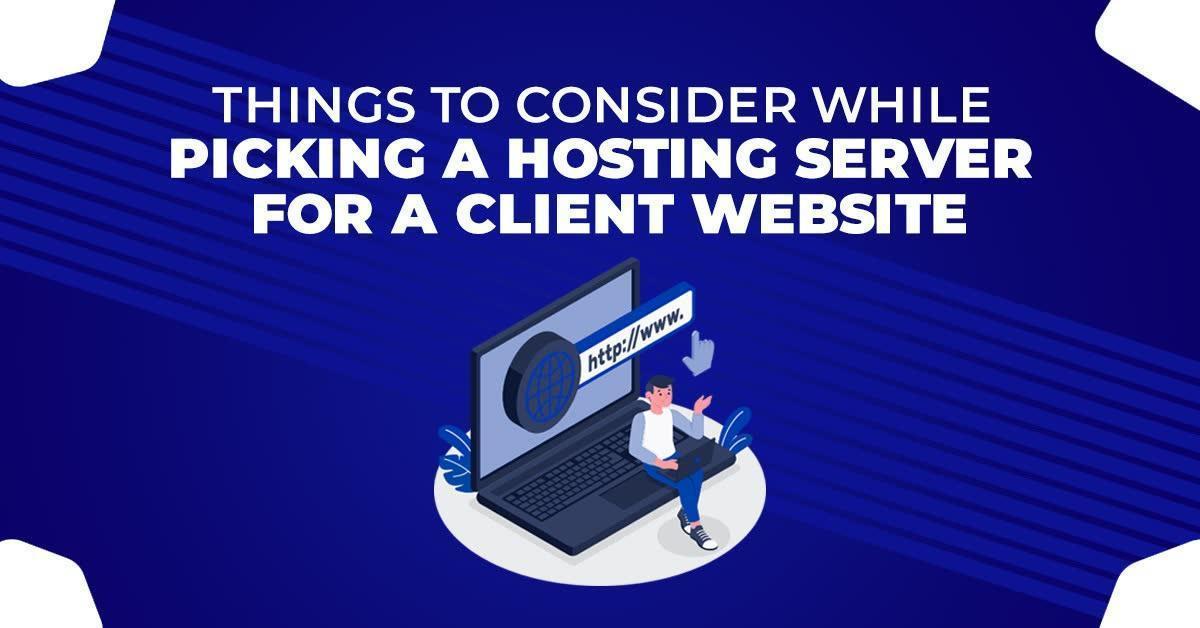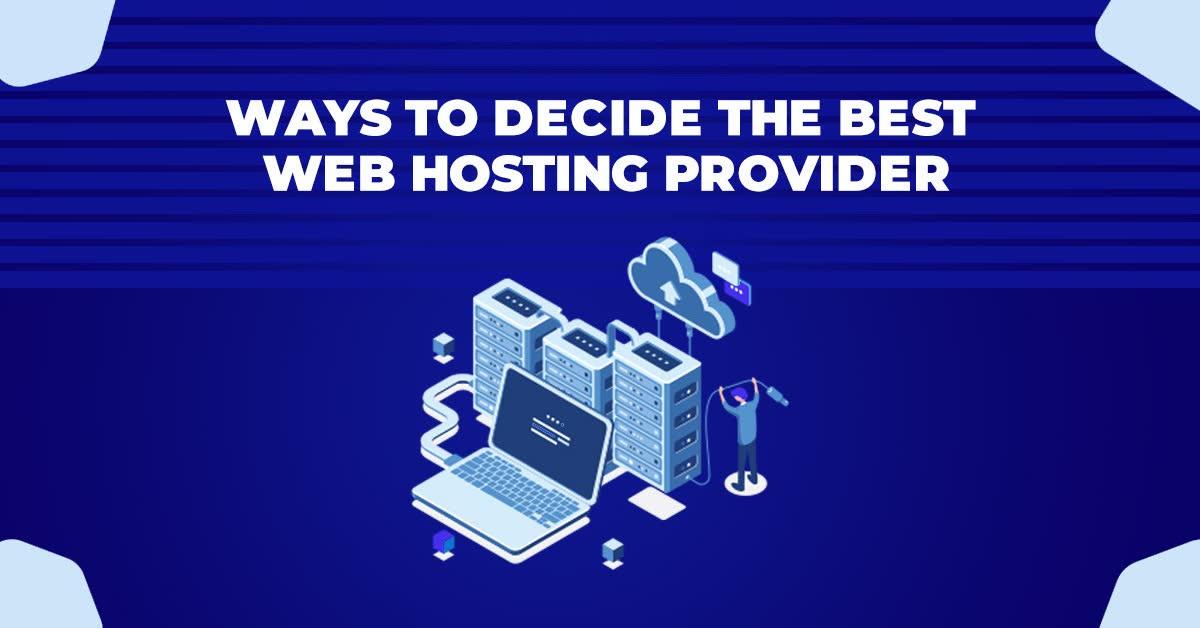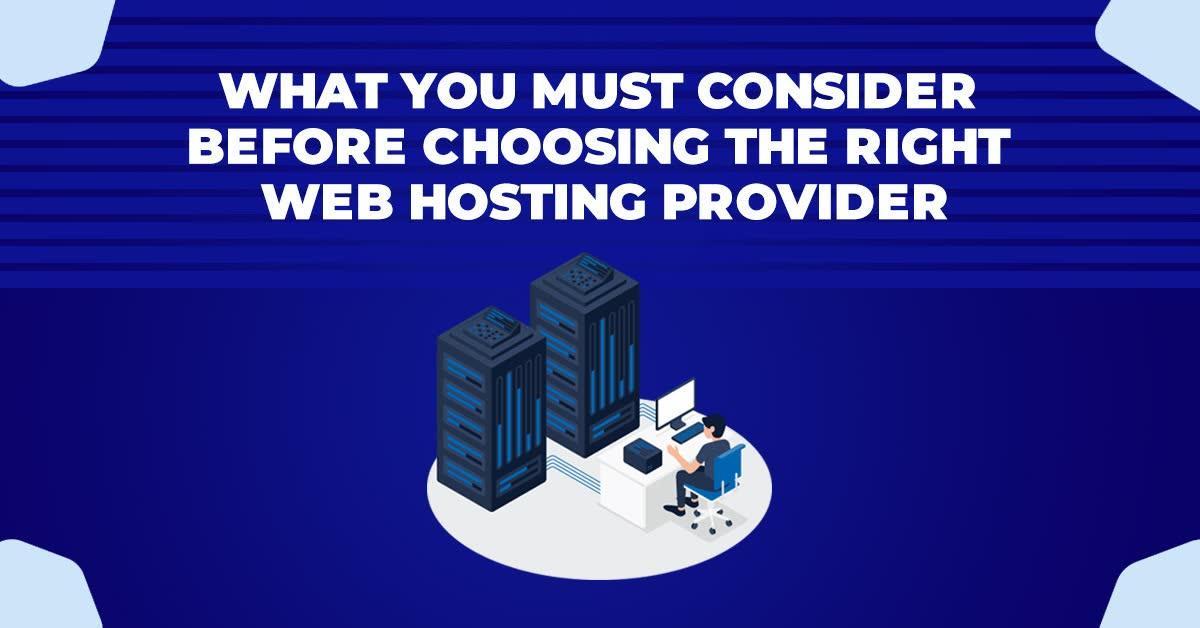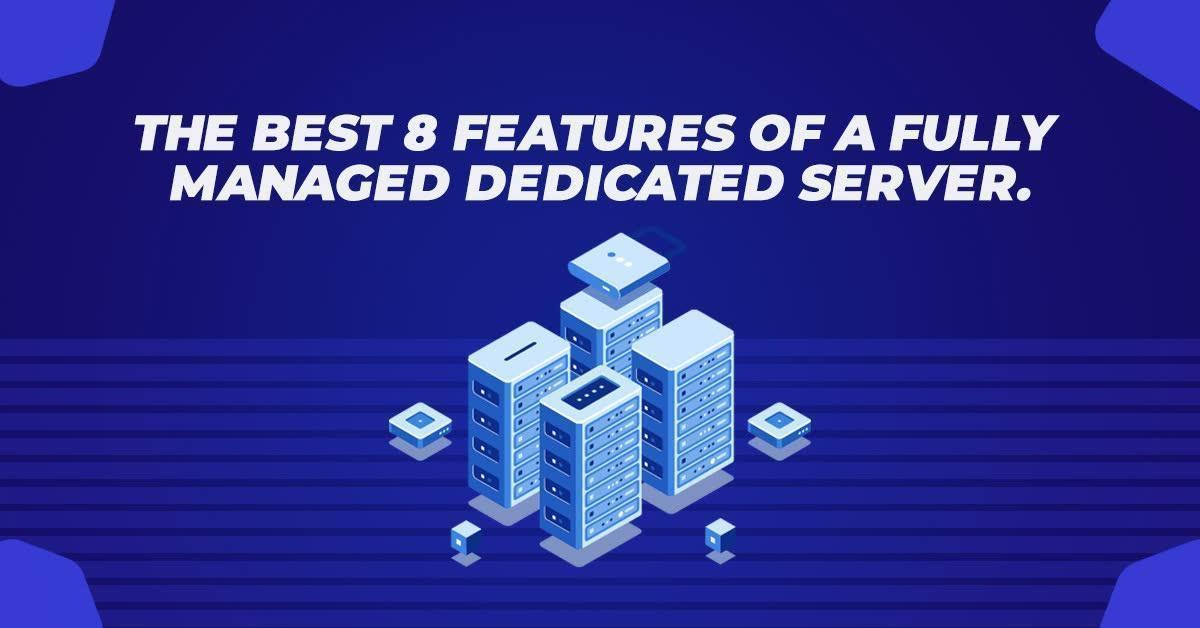A Detailed Manual To Various Email Hosting Services
Choosing the most suitable email hosting service can be overwhelming, especially because of the various hosting service options out there. Every hosting service will provide its user with various plans and packages which have unique features. You can choose the service which suits your needs the most and will be of great use to you, your enterprise, or your organization.
Email Hosting Service – An Overview
Email hosting is known to be an internet or web hosting service, which will allow its clients to rent servers to carry out functions. These services let their users create, manage and maintain the sites that are hosted in them. The company that provides the clients with a hosting service is called the web host. The web host will also provide its users with a control panel through which they can manage and maintain the sites on the server.
With the help of the email hosting service, you can access and manage all incoming and outgoing emails from a remote location. This is a great feature as you can access company emails even when you are far away from the company’s premises. Most of the third-party hosting services are paid like Gmail (Google) or Yahoo. These email hosting servers are not only applicable for enterprises or organizations with huge traffic, but they are also suitable for medium-sized enterprises or organizations which are working on extending. Having an email hosting service and a custom email address will make the company gain more popularity as well.
Advantages of Email hosting services
There are various and numerous advantages to making use of hosting services. They enable their clients to have an effective communication medium and an easily manageable environment to work on. Here are some of the most common benefits you will receive while making use of the email hosting service.
1. Budget-friendly
Email hosting services are said to be cost-efficient as the users do not have to spend money on backups, the latest software updates, security features, and maintenance costs. Various functionalities are offered by the hosting service from which you can choose the plan that lies well within your budget.
2. Very flexible
These email hosting services possess the ability to scale up and down on resources. This can be done without having to make any changes to either the software or the hardware. It means that the hosting service lets you focus only on growing your business and does not let you get distracted with anything else.
3. Enough storage capacity
Another advantage is that you do not have to worry about running out of storage space. The hosting service makes use of the server disk space and not the hard drive of the user. You, the user, need not worry about the storage space.
4. Smooth communication continuity
You can continue your communication without any limitations regardless of your location. As email hosting service is known to be very reliable, you can be sure to carry out communication without any hindrance of any sort.
Various Email hosting servers
Listed below are the different hosting server options along with their functionalities”
- IMAP email server
Internet Message Access Protocol (IMAP) server will allow the user to store the email messages on the servers and let them access these messages from the user’s device. These servers allow users to access them from multiple devices. IMAP servers can be quite challenging to manage and maintain. While setting up an IMAP server you will be given clear instructions on how it should be done.
- POP3 email server
POP3 is considered to be one of the most frequently used email servers. POP3 server lets its users store the messages locally on the computer and allows them to download the client programs as well. This is the go-to if you want to get access to the notes when you are offline. On the other hand, POP3 is not easy to manage if they are flooded with messages.
Apart from that, this server offers a very quick and flexible way to access email. The server will store the files locally on the user’s computer, so they can be accessed without the need for any email interface. The main drawback is that you will not be able to view the attachment unless it gets downloaded from the server.
- Cloud email hosting
A cloud hosting service allows its users to store their emails in the cloud server. The user will be able to access the email stored in the server over the internet. This type of hosting is best suited for large business enterprises or organizations which will have huge traffic. Make sure to go through all the features that will be offered through this hosting service and ensure all your requirements are satisfied before purchasing this server.
- ISP hosting
An Internet Service Provider (ISP) server is easy to use if you are technically strong and know your way around these servers. Whereas it can be quite challenging if you are not familiar with the server. These servers are often used by large-scale industries. These have many beneficial features and quite a few drawbacks as well.
Make sure that the server you are looking into is budget-friendly and has enough storage capacity. These two are the basic factors you should consider before purchasing the email hosting server. Check if the server is capable of managing huge traffic and will be able to perform filtering of spam content. If the server company has excellent customer support to guide you, it is a huge benefit as well.
Conclusion
Finding the right server that fulfills all your requirements and is most suited for your company or organization is not easy. Though it might take time, in the end, all of it will be worth it. As you will be able to establish a safe, flexible, and user-friendly work environment. Remember, do not rush into purchasing the server. Take your time and think twice before moving forward.





































